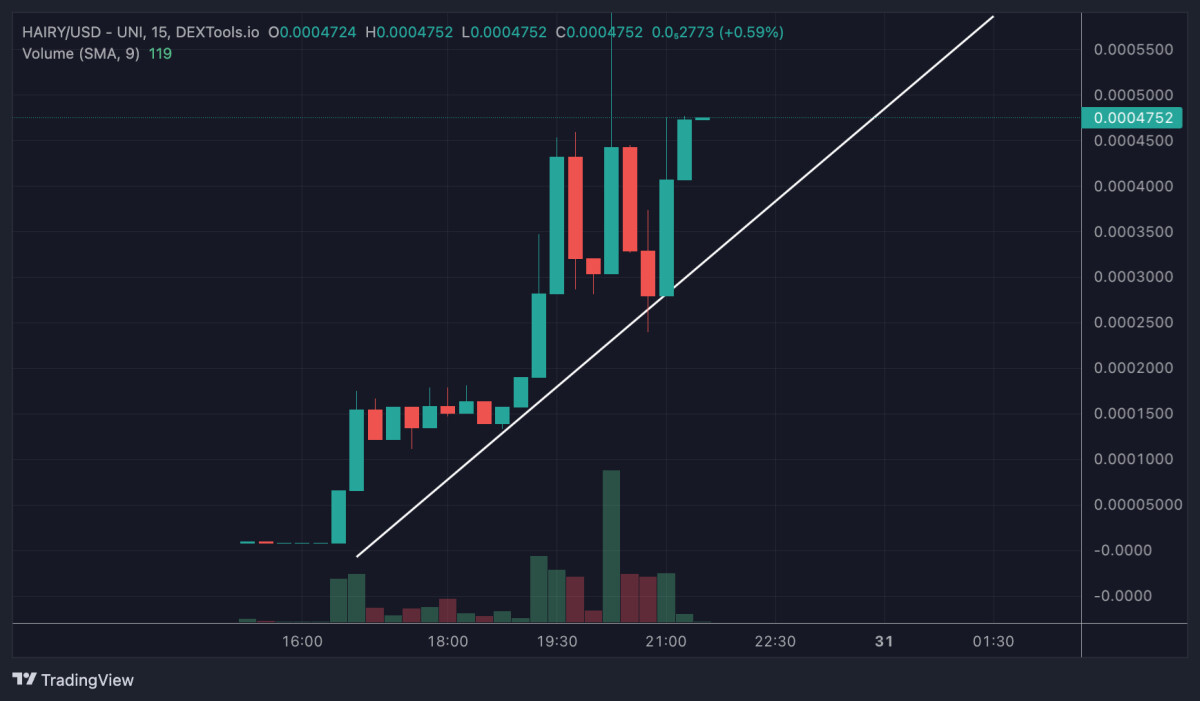The inflation outlook in the US is “quite positive,” Federal Reserve Bank of Minneapolis President Neel Kashkari said, though the central bank’s aggressive monetary tightening campaign to tamp down price surges will likely result in some job losses and slower growth.
Kashkari’s comments Sunday come on the heels of key data showing US inflation cooling from its pandemic highs, growth remaining steady and consumers continuing to spend even with the Fed raising interest rates to the highest level in 22 years.
“The economy continues to surprise how resilient it is,” Kashkari said on CBS’s Face the Nation. “The base case scenario seems to be that we’ll have a slowing economy, but that we would avoid a recession.”
While there haven’t yet been widespread job losses or a drop in wages as the Fed seeks to turn down the heat on the economy and its too-tight labor market, some softening in the sector should be expected, he said. “I personally don’t think that’s realistic, that we’re going to end this inflation cycle with no cost to the labor market.”
US unemployment continues to hover at a historically low 3.6% though the rate may tick up as high as 4% in coming months. he said. “That in my book would still be a soft landing,” Kashkari said, referring to the Fed’s desire to cool prices and demand without significant job losses or negative growth.
On Friday, the closely watched US jobs report is projected to show that hiring in the US increased at a healthy yet more moderate clip.
Kashkari also repeated that the Fed is keeping a close eye on the data to guide whether any more rate hikes are in the cards. He said while core prices advanced by a less-than-expected 4.1% in June, the least since 2021, the number still remains above the central bank’s 2% inflation target.
“If we need to hike, raise rates further from here, we will do so,” he said.
The Fed last week lifted the target range for the Fed’s benchmark federal funds rate to 5.25% to 5.5%, the highest level since 2001. It marked the 11th increase since March 2022, when the rate was near zero.
Credit: Source link











